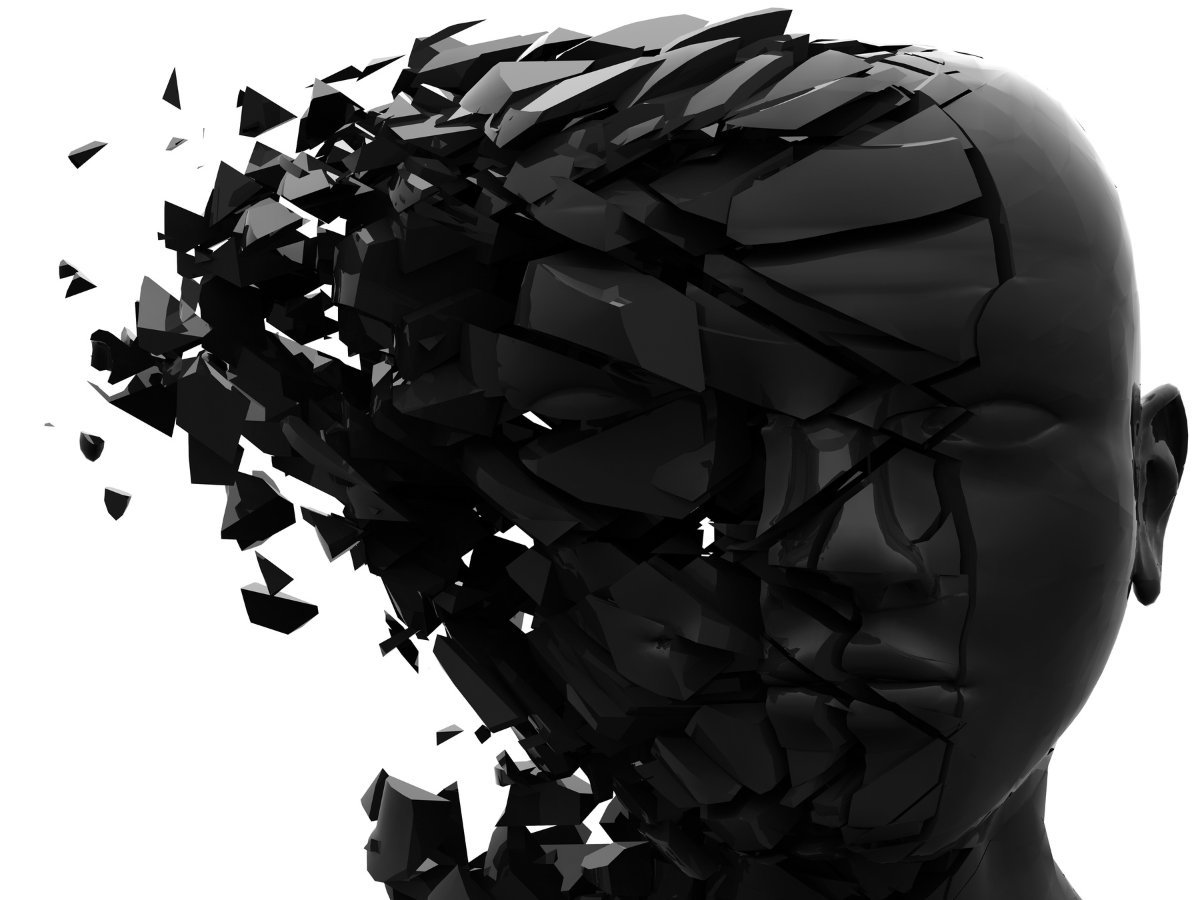The Brain’s Role in Pain Signals

Pain is never “just in your head” - but it is always, in part, processed by your brain. Pain is the brain’s protective alarm system, built to keep you safe. The problem is that sometimes the alarm can become overprotective: it keeps ringing even after tissues have healed, or it turns the volume way up in response to stress, poor sleep, inflammation, or repeated injury. Understanding how the nervous system works can be deeply reassuring, because it explains why pain can linger - and it also opens more doors for relief. Pain Is A Warning System, Not A Damage Meter The nerves in your body send information to your spinal cord and brain about pressure, temperature, inflammation, and potential threat. Your brain then decides how much protection is needed, based on context: past experiences, current stress levels, sleep quality, mood, beliefs about the pain, and what else is going on in your life. That is why two people can have similar injuries and experience very different pain....


